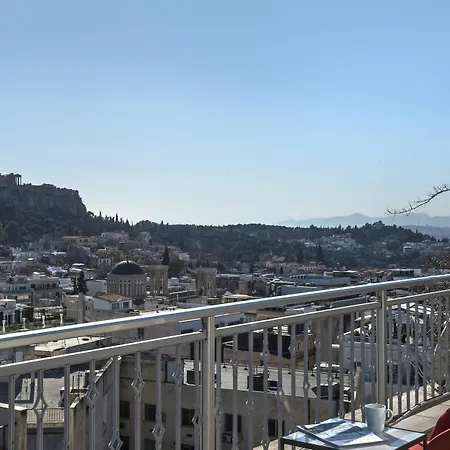The Prison of Socrates
Check Availability
A Historic Refuge of Thought: The Prison of Socrates
This location is traditionally believed to be the site where Socrates was held prior to his trial in 399 BC, a pivotal moment in philosophical history. Known for its cave-like structure, the site offers a glimpse into ancient practices of imprisonment and the resilience of artifacts preserved during tumultuous times.
Constructed as a series of rooms carved into the bedrock of Filopappou Hill, the prison is significant for its association with one of history's most influential thinkers. In WWII, it served as a hiding place for valuable artifacts from the Acropolis, ensuring their safety during the Nazi occupation.
Unmissable Highlights
- 🗝️ Ancient Cells: Explore the original cells where Socrates is said to have been imprisoned.
- 🎭 Philosophical Legacy: Reflect on the impact of Socrates and his teachings on Western philosophy.
- 🏞️ Scenic Views: Enjoy panoramic views of Athens from Filopappou Hill.
Accessibility to the site is free, making it an excellent destination for tourists, families, and history enthusiasts alike.
Interesting Facts about Natural History Museum The Prison of Socrates
Historical Significance
The site is traditionally believed to be where Socrates was imprisoned before his trial.
WWII Artifact Hiding
During WWII, valuable artifacts from the Acropolis were hidden here to protect them from Nazi looting.
Carved into Bedrock
The prison consists of a network of rooms hewn from the natural rock of Filopappou Hill.
Location
Stay Near The Prison of Socrates Best Hotels
Address
View map100 metres from the southwestern edge of the Agora
Opening Hours
Friday:
All day
Monday:
All day
Saturday:
All day
Sunday:
All day
Thursday:
All day
Tuesday:
All day
Wednesday:
All day
Contact Information
Price
Free.
Average Visit Duration
Duration: 1 hour.
Best Time to Visit
Weekday mornings (9:00 AM–11:00 AM) are best to avoid crowds.

















